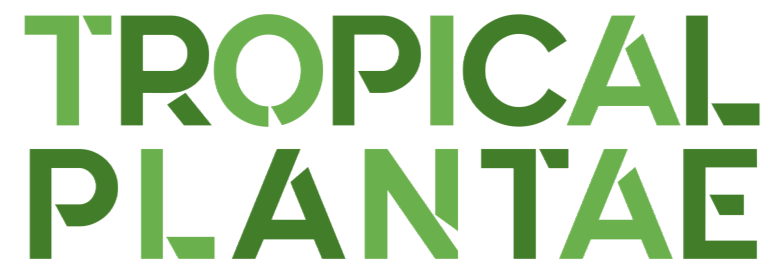eucalyptus ( eucaliptos) medicinal live plant 1′-2′ tall
$49.99 – $59.99
Eucalyptus, scientifically known as Eucalyptus spp., is a diverse and iconic genus of trees and shrubs that are synonymous with the Australian landscape. These trees, revered for their distinctive aroma, wide-ranging uses, and ecological importance, invite you to explore the rich world of Eucalyptus and its impact on both the natural environment and human endeavors.
- Description
- USA ZONES
- Additional information
- Reviews (0)
Description
Aromatic Essence of Eucalyptus:
Eucalyptus is renowned for its signature fragrance—a refreshing and invigorating scent that instantly transports you to vast open landscapes and rolling hills. This unique aroma is a source of solace and rejuvenation, often found in essential oils, candles, and therapeutic products.
Ecological Guardians:
Eucalyptus trees play a crucial role in ecosystems, particularly in Australia where they are native. They are well-adapted to thrive in a range of conditions, and their leaves release essential oils into the air, contributing to the iconic scent of the Australian bush.
Medicinal and Therapeutic Uses:
Eucalyptus has been cherished for its medicinal properties for centuries. The essential oil extracted from the leaves is valued for its potential to ease respiratory discomfort, promote relaxation, and provide a sense of clarity. Eucalyptus oil is often used in aromatherapy and home remedies.
Diverse Applications:
The uses of Eucalyptus extend beyond aroma and wellness. The timber from some Eucalyptus species is prized for its durability and strength, making it a valuable resource for construction, furniture, and paper production. Additionally, the nectar-rich flowers provide food for wildlife and support pollinators.
Cultivating the Eucalyptus Experience:
Cultivating Eucalyptus requires careful consideration due to their specific habitat requirements and growth characteristics. To incorporate Eucalyptus into your environment, consider these steps:
1. **Species Selection:** Choose a Eucalyptus species that is well-suited to your climate and soil conditions. Some species are more adaptable to different environments than others.
2. **Location:** Plant Eucalyptus in a location with plenty of sunlight and well-draining soil. These trees thrive in open areas with ample air circulation.
3. **Watering:** Eucalyptus trees are generally drought-tolerant once established. Water young trees regularly to help them establish strong root systems.
4. **Pruning:** Prune Eucalyptus trees to remove dead or diseased branches and promote a healthy growth habit. Pruning also helps manage their natural tendency to shed bark.
5. **Spacing:** Plant Eucalyptus trees at a distance from structures and other plants, as their roots can be aggressive and may compete for resources.
Aromatic Adventure and Natural Majesty:
Eucalyptus encapsulates the essence of the Australian landscape and beyond, inviting you to embark on an aromatic journey that connects you to nature’s majesty. It’s a reminder of the way scents can transport us to distant landscapes and evoke feelings of tranquility.
Embracing Nature’s Gifts:
As you cultivate Eucalyptus or immerse yourself in products that harness its aroma and potential benefits, you’re embracing nature’s gifts and the symbiotic relationship between humans and the environment. With care, curiosity, and an appreciation for both the sensory and ecological dimensions of Eucalyptus, you’ll witness the transformation of its essence into a source of comfort and inspiration.
Eucalyptus beckons—an embodiment of aromatic grandeur, a celebration of ecological significance and wellness. This is your opportunity to welcome the allure of this extraordinary genus into your surroundings, infusing your space with the invigorating scent of the Australian bush and the diverse wonders it offers. Let the aromatic journey unfold.
Additional information
| Planting Bag + Soil | Planting bag + Soil, I have soil and container |
|---|


































Reviews
There are no reviews yet.